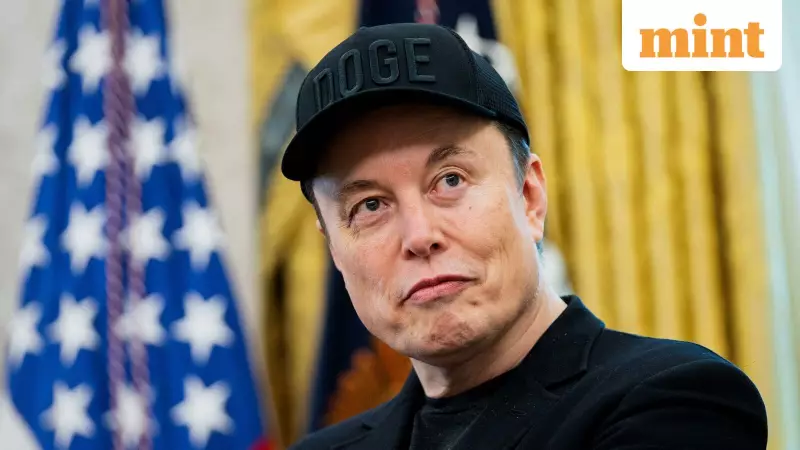
Tesla's board of directors is heading toward a high-stakes confrontation on November 6th, when shareholders will decide the fate of Elon Musk's monumental $56 billion compensation package in what promises to be one of the most significant corporate governance battles of the year.
The Billion-Dollar Standoff
The upcoming vote represents a critical moment for Tesla's leadership, as the electric vehicle giant seeks to reinstate Musk's compensation package that was previously invalidated by a Delaware court. The court had ruled that the process leading to the original approval was "deeply flawed," sending Tesla back to the drawing board.
Major Investor Rebellion
Adding drama to the proceedings, the California Public Employees' Retirement System (CalPERS), one of Tesla's most influential institutional investors, has publicly declared its opposition to the massive pay deal. CalPERS CEO Marcie Frost emphasized that the package is "not aligned with the long-term interests of shareholders" and raises serious concerns about corporate governance standards.
What's at Stake for Musk and Tesla
The compensation package, originally approved in 2018, was designed to reward Musk for achieving unprecedented growth targets. However, critics argue that the sheer scale of the payout is excessive and sets a worrying precedent for executive compensation.
Key Concerns Raised by Opponents:
- Governance Issues: Questions about board independence and oversight
- Shareholder Value: Concerns about dilution and impact on long-term value
- Precedent Setting: Worries about normalizing extreme executive compensation
- Performance Metrics: Debate about whether targets truly justify the payout size
The Board's Defense
Tesla's board maintains that the compensation package was essential for motivating Musk to deliver extraordinary results and that the performance hurdles were appropriately challenging. They argue that Musk's leadership has been instrumental in Tesla's meteoric rise and that the compensation reflects the value he has created for shareholders.
Broader Implications
The November 6th vote transcends Tesla's corporate boundaries, potentially setting new standards for executive compensation across the technology and automotive sectors. The outcome could influence how other companies structure leadership incentives and address shareholder concerns about governance.
As the voting date approaches, both supporters and opponents are intensifying their campaigns, making this one of the most closely watched corporate governance battles in recent memory. The decision could reshape not only Tesla's future but also the landscape of executive compensation worldwide.






